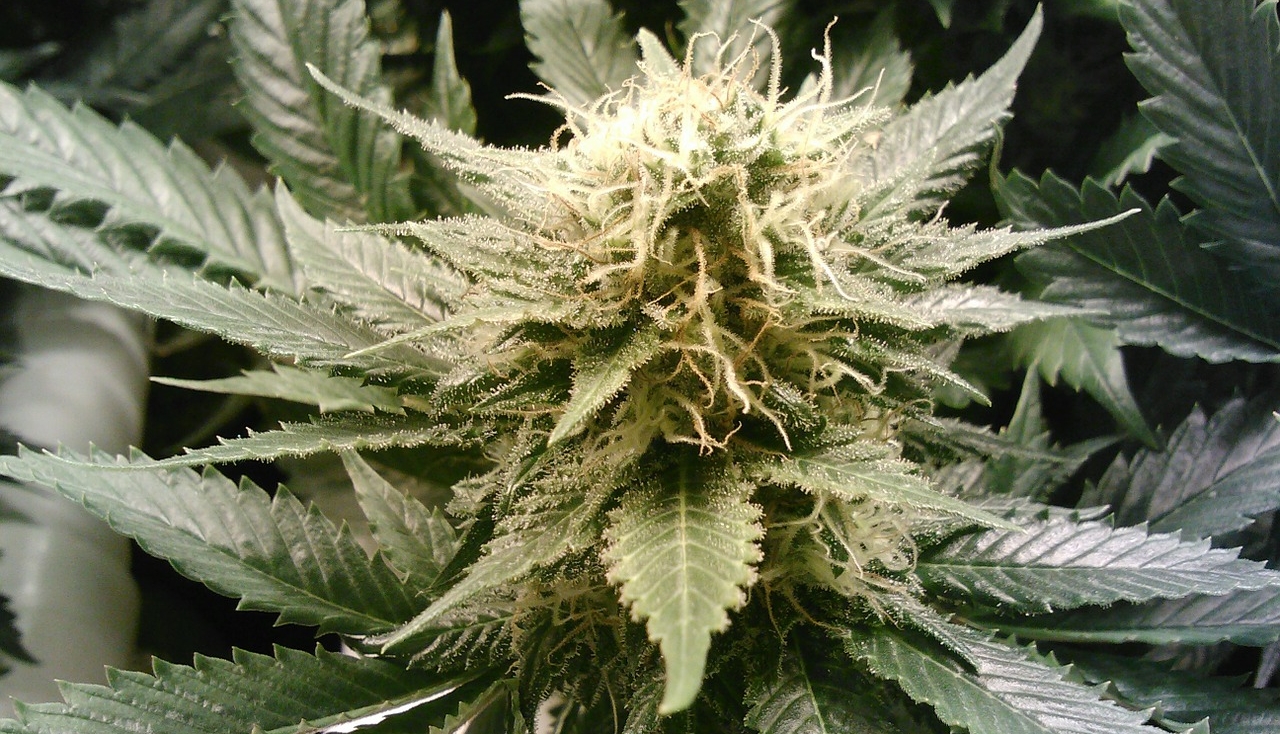Lecture on chronic THC use and the developing brain

With marijuana legalization seemingly on the near horizon in Canada, the physical, long-term effects of cannabis on adolescents is of increasing concern to many Canadians. Dr. Andrew Weeks, associate professor of psychology at Nipissing University, will be giving a special lecture on how chronic cannabis use in adolescence could affect the developing brain.
Titled, Chronic THC exposure during Adolescence leads to Behavioural and Brain Changes in Adulthood, the lecture takes place on Friday, September 23, at noon, in room R308 at Nipissing University.
The nature of the physical imprint that experience leaves on the brain has been an area of intensive study for decades. Evidence overwhelmingly supports the importance of the synapse, the communication junction between neurons, in creating lasting changes in the activity of neural networks and therefore changes in behaviour. Synapses have been shown to change in number, type, and dimension following various forms of learning and neural activation. This talk will include an introduction to this field and an exploration of one line of research from my lab. This project involves examining synaptic and behavioural changes following chronic developmental THC, the main psychoactive component in cannabis, exposure in rats. The vast majority of animal research completed to date, that often report relatively mild effects of THC, have used adult rats. Since cannabis use in humans typically starts during the teen years, more research on animals at a comparable stage of development is needed. Preliminary results indicate that chronic adolescent exposure to THC produces significant changes in synaptic proteins and anxiety related behaviour in adult rats. These results have the potential to inform the research being carried out in the areas of cannabis use and addiction in humans.
Dr. Weeks’ lecture is organized by the department of Psychology’s Speaker Series. It is free of charge, and everyone is welcome.
